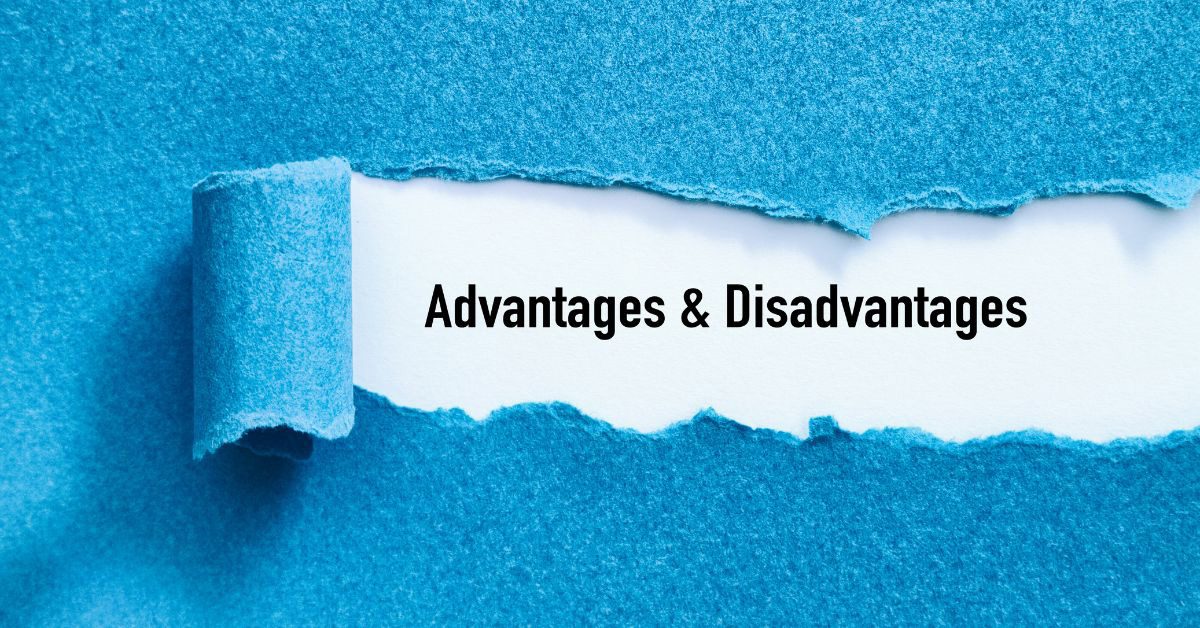
Partnership taxation is governed by subchapter K (IRC §§701–777) which contains some of the most complex provisions in the Code. Under the default entity classification rules, a domestic eligible entity is classified as a partnership if it has two or more members. However, §761(a) authorizes the IRS to permit members of an unincorporated organization to elect out of all or part of subchapter K.
Note. A §761(a) election must be made by all the members of the unincorporated organization. The election is made by attaching a statement to the partnership return for the first year that the members are requesting to opt out of subchapter K.50 Electing out of subchapter K eliminates some of the tedious paperwork that comes with being classified as a partnership.
The following table shows some of the benefits and drawbacks of making a §761(a) election.
| Advantages |
Disadvantages |
| Although financial statements are required for investors to satisfy their personal tax reporting responsibilities, partnership tax returns are not required. This will likely result in tax compliance cost savings. |
The IRC §721 nonrecognition of gain or loss rules
on property contributions by the partners to the
partnership no longer apply which could trigger
gain recognition on such contributions. |
| Co-owner shares in property may qualify for §1031 tax-free treatment, but not partnership interests. |
A §761(a) election not recognized by the IRS could
result in adverse consequences if the partnership
then fails to respect subchapter K. |
| The IRC §183 hobby loss provisions apply at the co-owner level rather than at entity level. |
A failed §761(a) election could also result in
penalties for failure to file partnership tax returns. |
| Unlike partners in a partnership who are subject to IRC §703(b), co-owners can make separate depreciation and depletion method elections. |
Certain partnership level elections are no longer
available (e.g., IRC §754 optional adjustment to
basis of partnership property). |
Co-owners are treated as having a proportionate interest in each asset held by the organization. Thus, sales of these proportionate interests are subject to the IRC §1231 rules applying to property used in a trade or business rather than the IRC §1221 capital asset rules applying to the sale of a
partnership interest. |
A §761(a) election could result in the activity not
qualifying for qualified business income deduction (QBID) under IRC §199A. The determination of whether there is an active trade or business is made by the co-owner rather than the entity. |
| State and local entity level taxes on partnerships may be avoided assuming the state respects the §761(a) election. |
|
Observation. Before advising a client to make this election, the practitioner should carefully weigh these advantages and disadvantages. Although, for a successful §761(a) election, it is likely that the benefits will outweigh the drawbacks.
The above text is adapted from 2022 University of Illinois Federal Tax Workbook, Volume B, Chapter 3: Partnership Basics. The chapter contains more details on electing out of Subchapter K, capital accounts, and more.
Sources:
- IRC §761(a) and the Treasury Regulations thereunder
- Treas. Reg. §301.7701-3(b)
- Treas. Regs. §§1.761-1 and 1.761-2(b)
- IRC §6698
-


